Coronavirus: everything you need to know by our Dr Zoe
How long does it last? And am I likely to get it? Marie Claire's Dr Zoe Williams gives you the facts on COVID-19 in the UK

How long does it last? And am I likely to get it? Marie Claire's Dr Zoe Williams gives you the facts on COVID-19 in the UK
Let's start with some positive news first, for the vast majority of people who get Covid-19, this will be a mild disease with symptoms that last approximately a week. Most of us will be able to stay at home until we recover and we will not require medical assistance.
And as I'm writing this, to date in the UK, we have seen 26,261 people tested, of which 25,888 have been confirmed negative and 382 tested positive. Unfortunately six people, who tested positive for COVID-19, have died. The serious and life-threatening complications are predominantly seen in the elderly and those with pre-existing health problems. These are the ones we should be concerned about. Serious symptoms tend to occur at around day seven of the illness, these will be breathing difficulties and can also be pneumonia-like. This is when hospital provisions are available to provide care to those who need it.
Why has coronavirus escalated in the UK?
Until early last week all the UK’s confirmed cases of Covid-19 were known who/where/how they contracted the virus (mostly via links to Italy) but now there are a number of cases in which there is no clear transmission route, in other words, experts don’t know how these people have contracted the virus. Scientists confirmed by the end of last week that ‘community transmission’ had taken hold. This means the efforts taken to ‘contain’ the virus completely have failed, as the virus is now spreading without clear links to where it came from and without the ability to trace all close contacts of all confirmed cases. We are likely to start to see a rapid acceleration in the confirmed cases, as the true number increases more steeply but also as testing increases and becomes more efficient. It will be several weeks, possibly months before we hit peak figures.
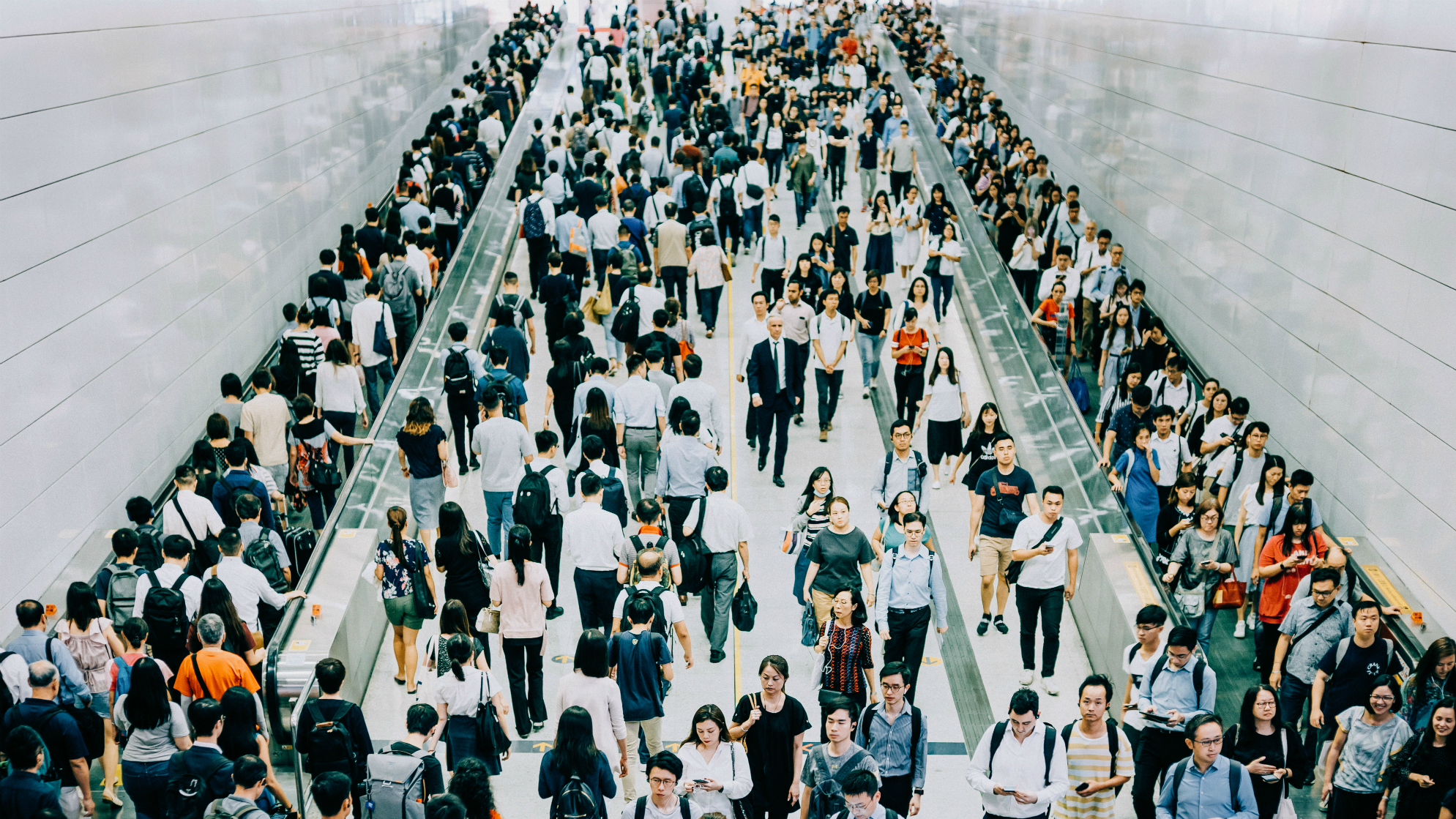
Even though we know that the virus is being transmitted in the community, the government have maintained ‘contain’ measures, with attempts to contract trace confirmed cases, and asking contacts to self-isolate, this is a way of minimising and delaying the spread. But it is now a given that a significant proportion of the population will be infected with the virus at some point over the coming months. And in the near future we will likely see contract tracing becoming less effective and a shift towards further measures to ‘delay’ the spread of the virus.
If many of us are going to get it anyway, why delay the inevitable?
Delaying the peak incidence of the virus is beneficial for a number of reasons. Attempting to delay the main peak of incidence into the summer months, when we will be out of the cold/flu winter season, will free up NHS resources. The longer the delay the more we can benefit from the intensive research that is ongoing into the virus, especially around how best to treat those who do suffer complications. We are unlikely to have a vaccine for Covid-19 until next year.
Should we be self-isolating right now?
At some point self-isolation measures may be put in place for everyone, this is termed a ‘lock-down’ but we are nowhere near that currently. Long before reaching that stage, if we ever do, we are likely to see gradual delay measures, such as cancelling large group gatherings, closure of schools, public travel advice and asking those who can to work from home.
Marie Claire Newsletter
Celebrity news, beauty, fashion advice, and fascinating features, delivered straight to your inbox!
The timing of these measures is extremely important. If they are brought in too early then they are not effective and people lose willingness to follow advice. As frustrating as it may be, the UK’s best scientists for the job are working on this, and the timing of isolation measures will be decided by them along with the government. It makes total sense to put our trust in them.
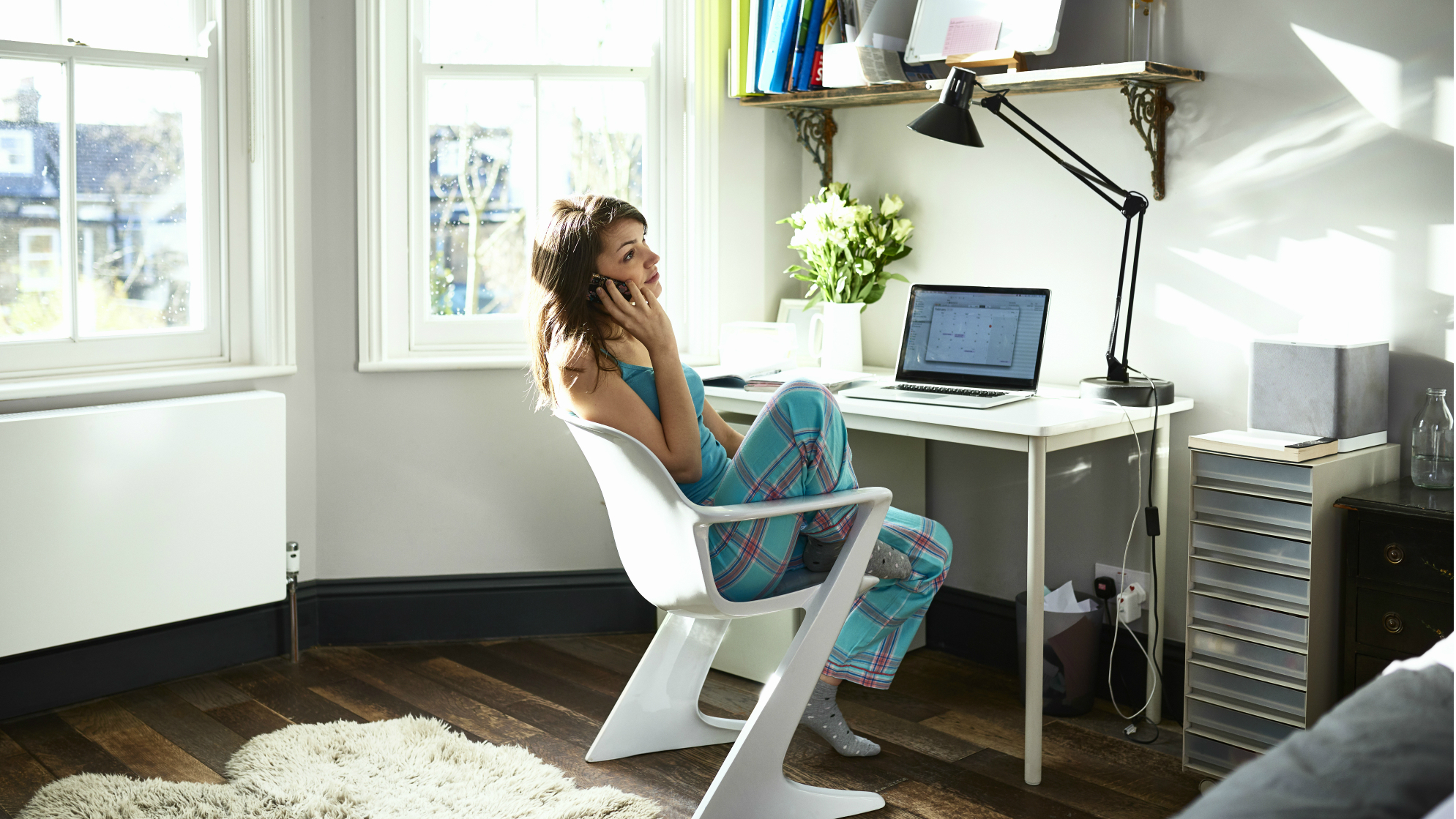
So, what's the current advice
1. DO NOT BE ALARMED: go about your normal daily business while we remain in the ‘contain’ phase, but also be aware that an epidemic is likely and this advice will change accordingly.
2. LOOK OUT FOR THE VULNERABLE: we may see the plan of action change towards isolating those who are at risk of complications, even if they feel well, to protect them, rather than just isolating people who have symptoms. We have to consider that isolating people for long periods of times can also be detrimental to health, especially mental health. If there is an 'at risk' in the house, it's worth reading about self-isolation measures and introducing those that offer some protection whilst not completely isolating the person.
3. AVOID TRAVEL TO A VIRUS HOTSPOT: check the travel advice available on gov.uk. There are category 1 and 2 countries and areas which may put you at risk of quarantine and infection. If you do have to travel abroad please consider whether the rates of virus are higher than the UK, and will their healthcare system look after you as well as the NHS if you were to get unwell. Check you are covered for all eventualities by your travel insurance.
4. WASH YOUR HANDS: as frequently as possible or for at least 20 seconds and try to avoid touching your face as much as you can. This is genuinely the best way to protect yourself and others from transmitting the virus.
What to do if you think you have coronavirus:
NHS 111 has an online coronavirus service that will explain if you need medical help and advise you what to do.
Contact this service if:
* In the last 14 days you've been to a country or area with a high risk of coronavirus
* You've been in close contact with someone with coronavirus
Do not go to your GP surgery, pharmacy or hospital. It's advised to use the online service but call 111 if you absolutely need to speak to someone.
Advice is changing daily regarding this virus. I’m sure you will have lots of additional questions – so please ask these in today’s coronavirus Instastory and I will do my best to answer.
-
 Andrea's It List: Finishing touches that elevate any outfit
Andrea's It List: Finishing touches that elevate any outfitDon't underestimate the power of accessories that make your outfit pop
By Andrea Thompson
-
 The fashion set is obsessed with lace-up shoes right now—these are the best pairs to shop
The fashion set is obsessed with lace-up shoes right now—these are the best pairs to shopNew summer footwear obsession, unlocked
By Sofia Piza
-
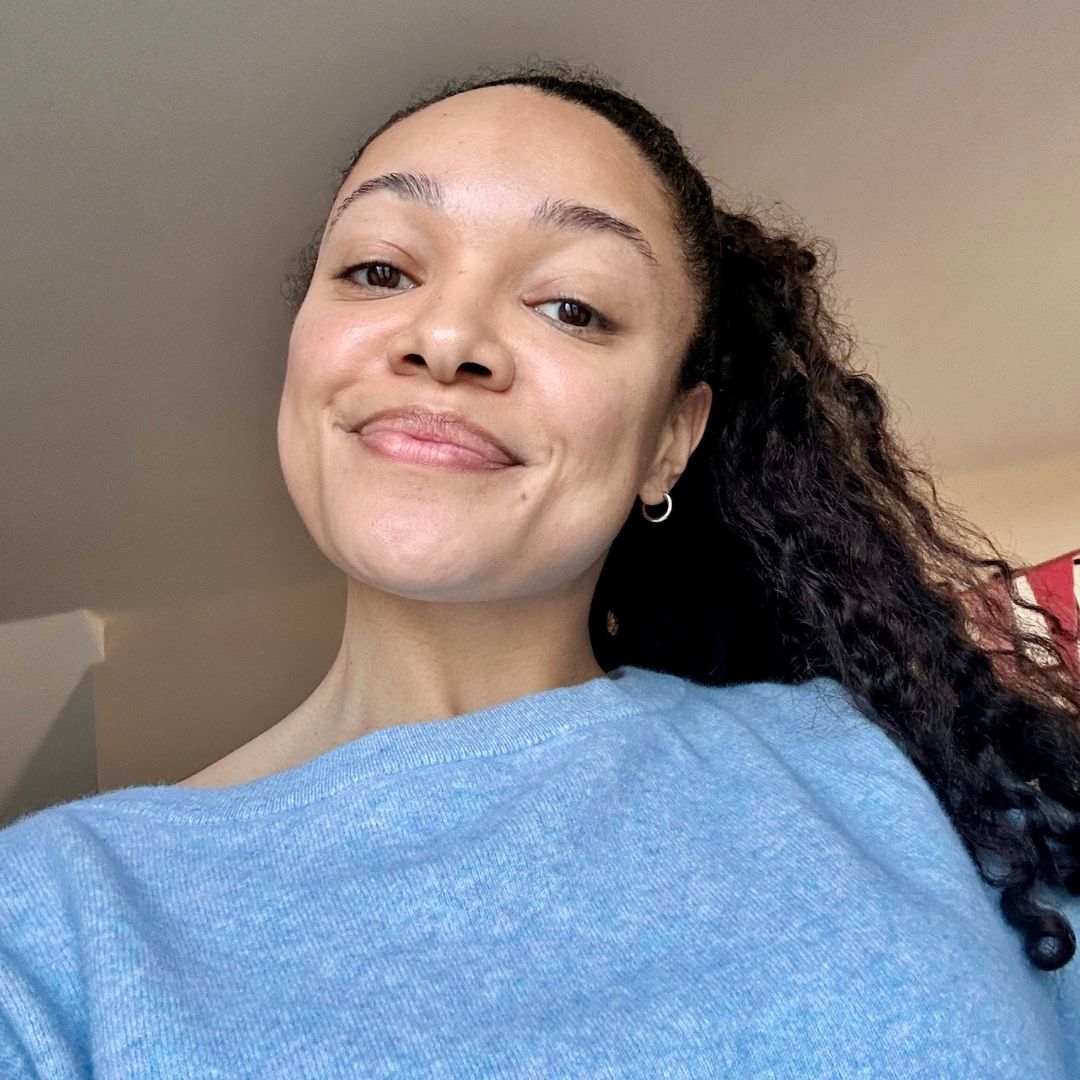 I tried Pilates roll-downs every day for a week - and was amazed at how quickly it eased years of stiffness
I tried Pilates roll-downs every day for a week - and was amazed at how quickly it eased years of stiffnessConsider my spine more mobile than before.
By Rebecca Shepherd
-
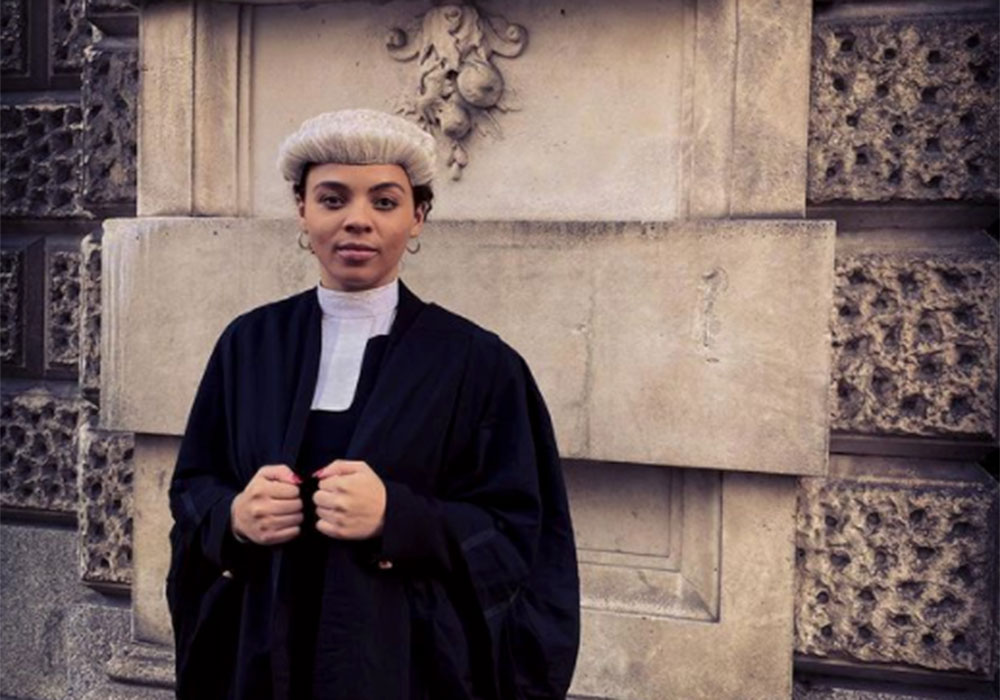 "I'm a Black barrister working in a broken justice system"
"I'm a Black barrister working in a broken justice system"Alexandra Wilson is a 26-year-old barrister speaking out about sexism, racism and class inequality at the very heart of the legal system. She shares her disturbing experiences, and why activism will make a difference.
By Alexandra Wilson
-
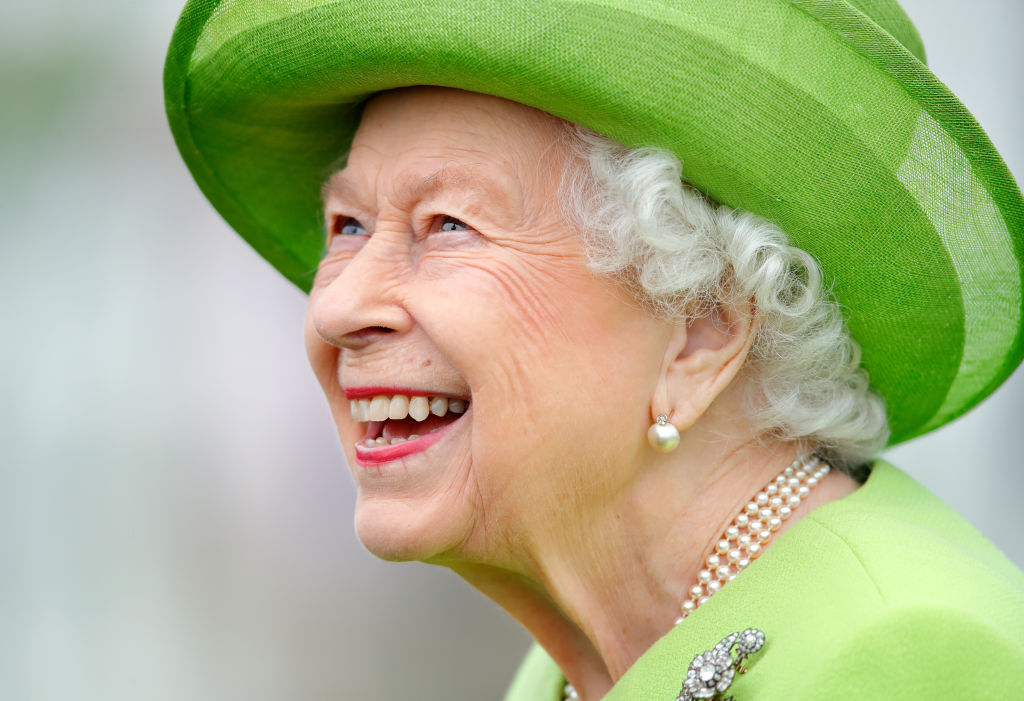 Feeling sad this week? Learn about the 5 steps of grief, plus how to avoid it consuming you
Feeling sad this week? Learn about the 5 steps of grief, plus how to avoid it consuming youAs the nation mourns Her Majesty The Queen.
By Ally Head
-
 Pride events: 7 IRL and virtual celebrations to add to your calendar for 2021
Pride events: 7 IRL and virtual celebrations to add to your calendar for 2021Ready to celebrate?
By Rosie Grant
-
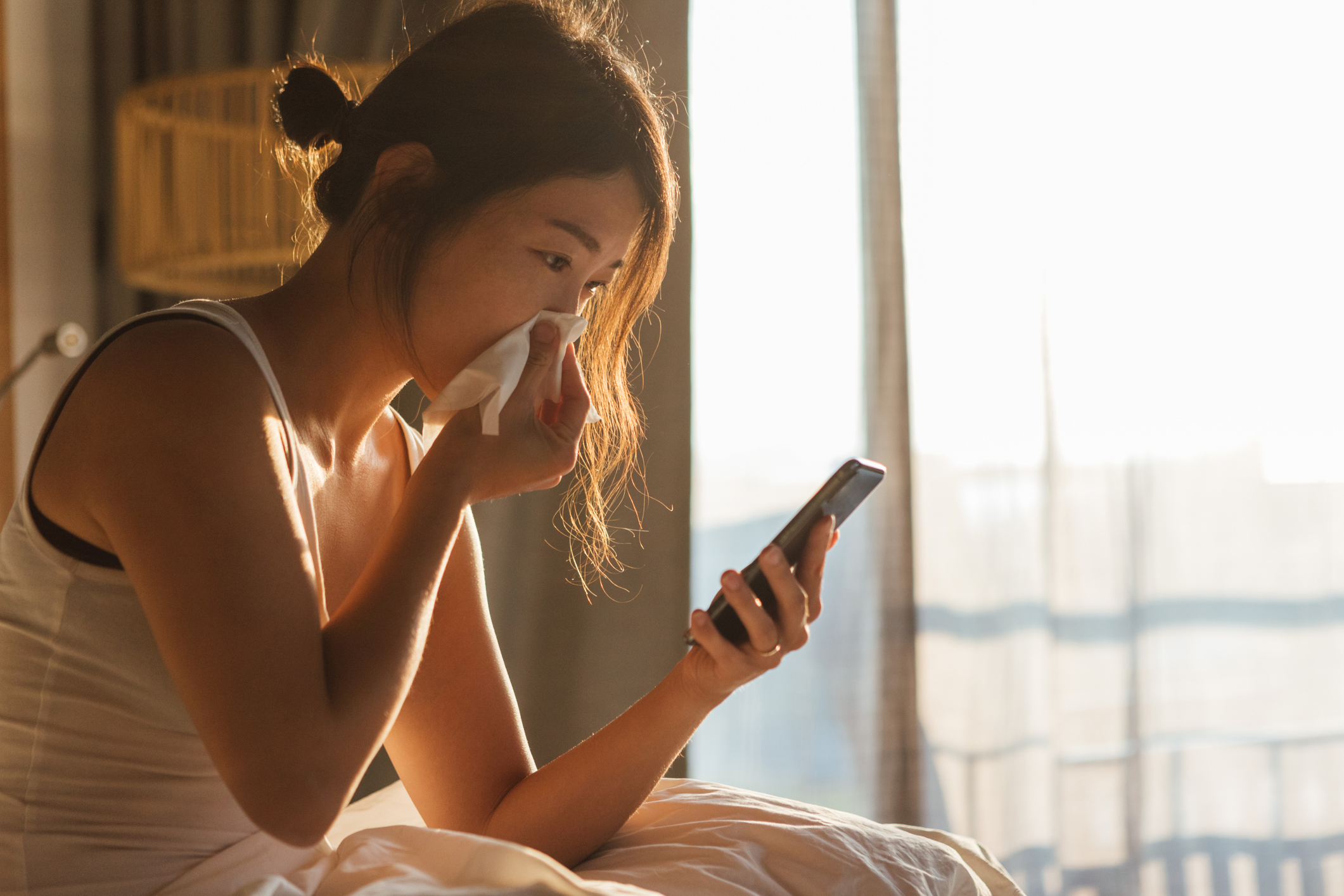 Coronavirus versus cold symptoms: How to know whether you've got COVID 19 or a common cold
Coronavirus versus cold symptoms: How to know whether you've got COVID 19 or a common coldThis is important. Read guidance from the experts now.
By Ally Head
-
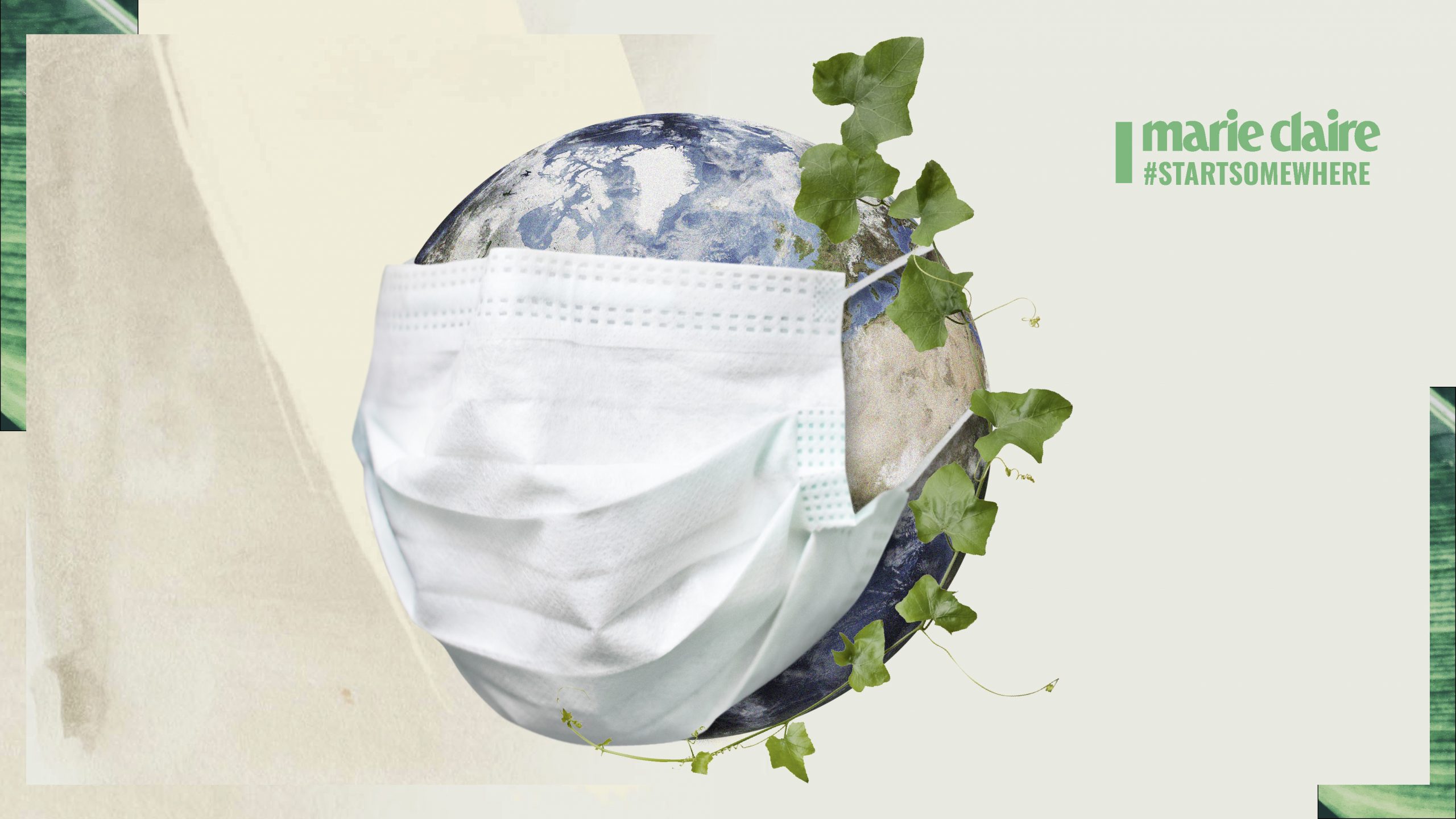 How COVID-19 made us forget our morals on plastic
How COVID-19 made us forget our morals on plasticPre-pandemic, we cared about our habits of plastic use. Lockdown changed all that - but it's not too late to continue the fight
By Olivia Adams
-
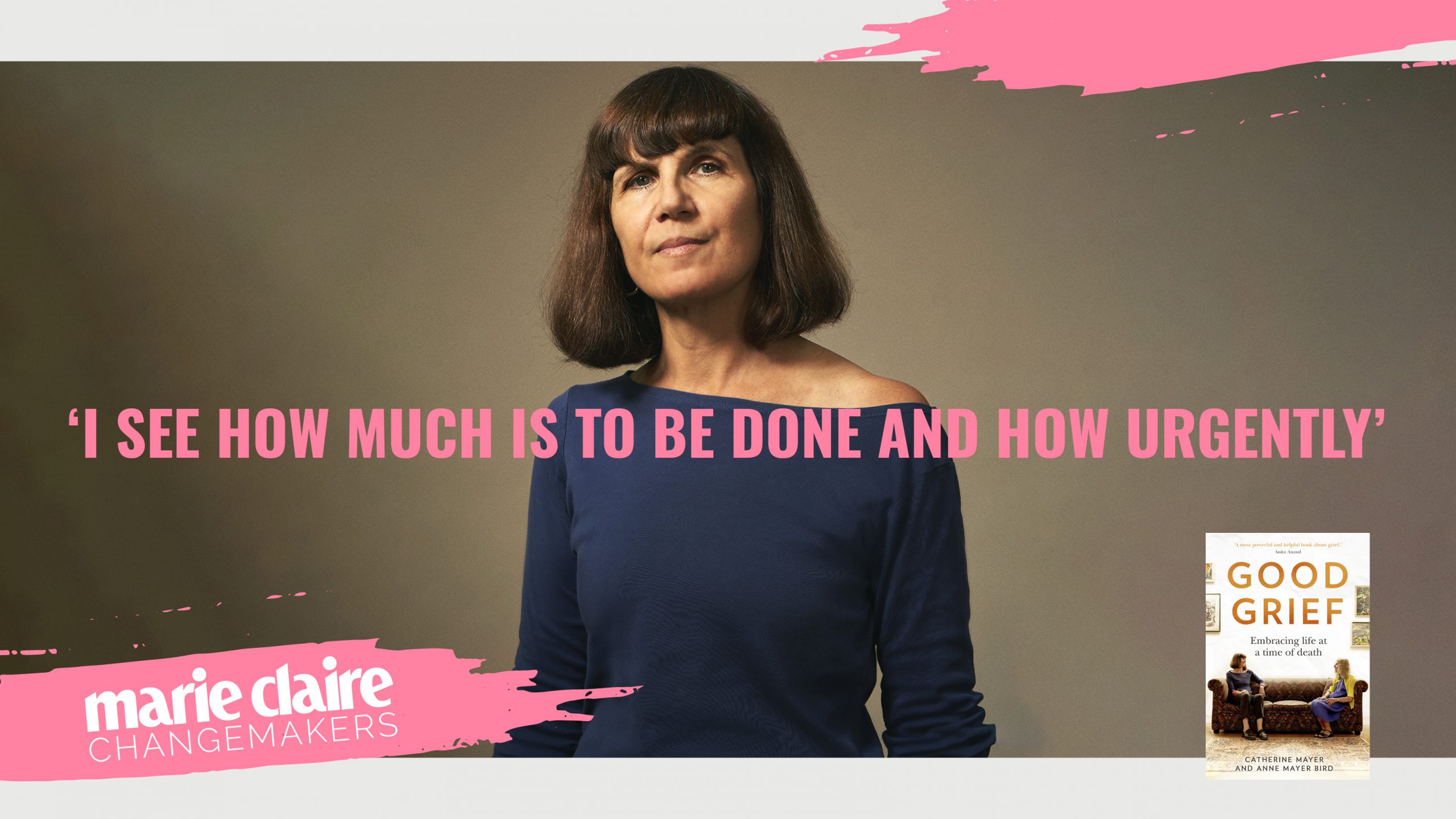 Catherine Mayer on women's rights: 'I see how much is to be done and how urgently'
Catherine Mayer on women's rights: 'I see how much is to be done and how urgently'Co-founder of the Women's Equality Party, Catherine Mayer, was married to influential musician Andy Gill until his death in Feb 2020. This International Women's Day, Mayer shares with affecting honesty how grief adds clarity to her life-affirming activism
By Maria Coole
-
 Tanya Burr shares her top 6 resources for educating yourself - and growing - this IWD
Tanya Burr shares her top 6 resources for educating yourself - and growing - this IWDThe theme of this International Women's Day is Choose to Change - let Tanya help you become a change-maker with her top resources.
By Ally Head
-
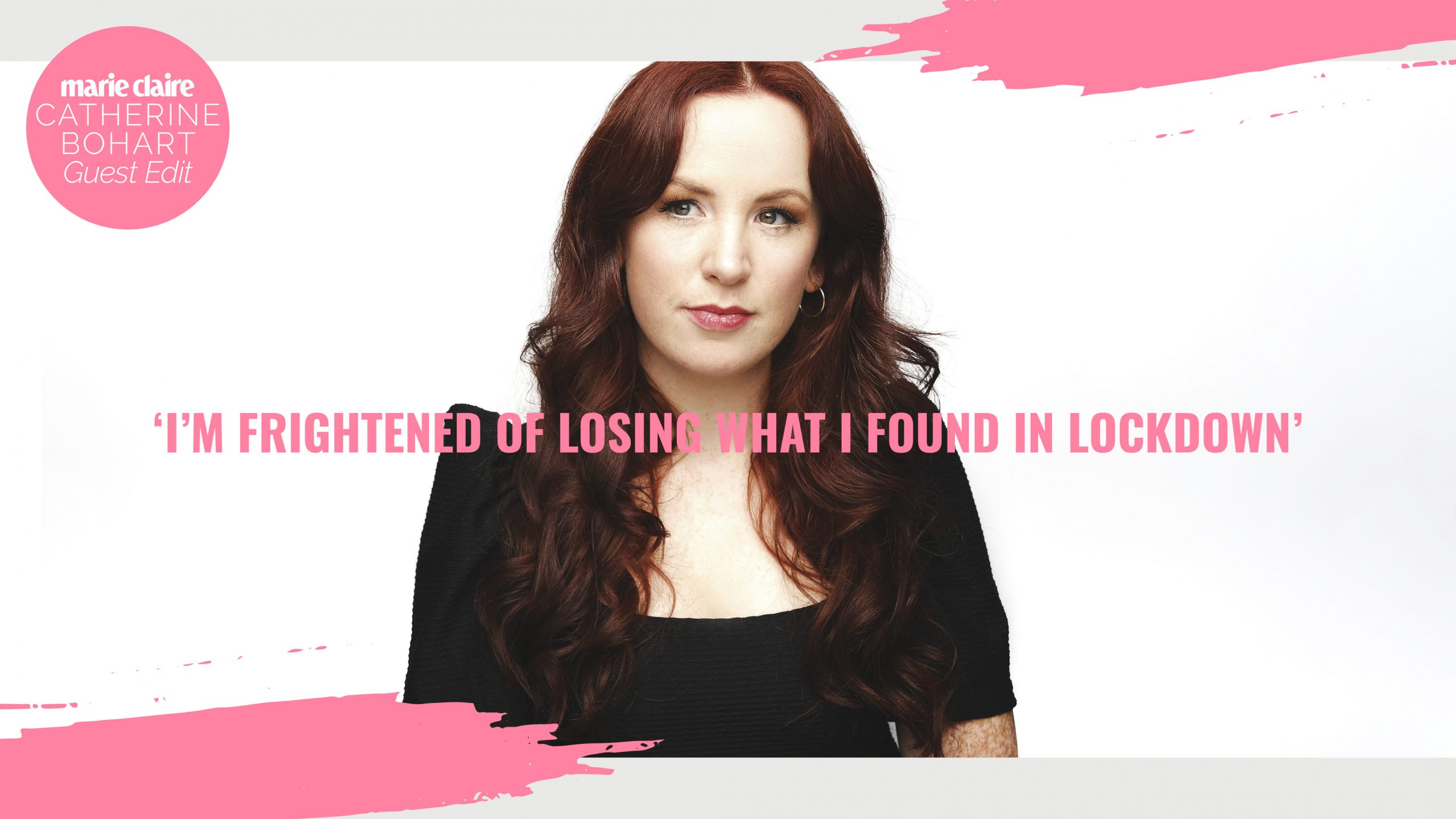 Catherine Bohart: 'I’m frightened of losing what I found in lockdown'
Catherine Bohart: 'I’m frightened of losing what I found in lockdown'Award-winning writer and comedian Catherine Bohart shares what her own lockdown mental health journey helped her discover
By Sophie Goddard